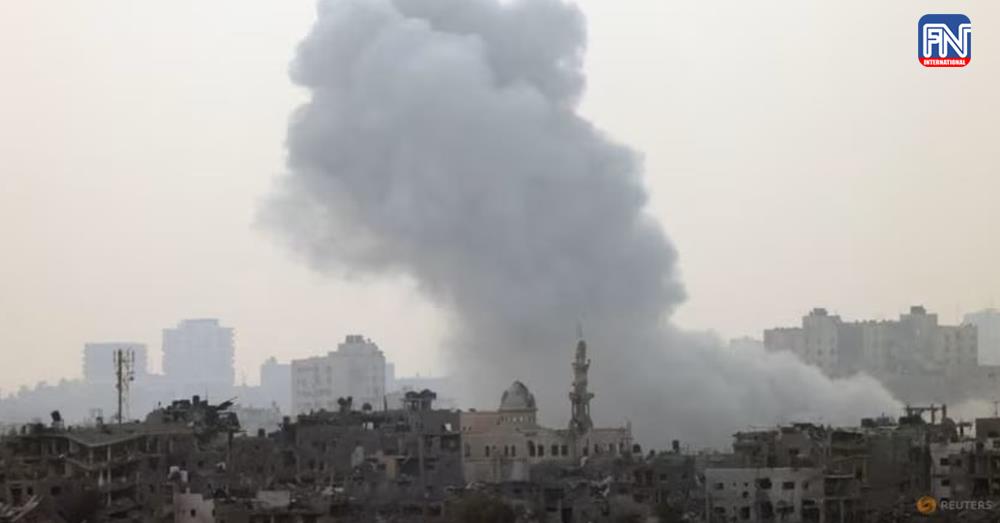JERUSALEM, Oct 25 (Reuters) - The Israeli army said on Wednesday (Oct 25) that it had struck military infrastructure inside Syria in response to earlier launches towards Israel.
The Israeli Defense Forces (IDF) said in a statement that its "fighter jets struck military infrastructure and mortar launchers belonging to the Syrian Army in response to the launches toward Israel yesterday (Tuesday)".
A military spokesperson told AFP the strikes were inside Syria.
Fears are growing that Israel's war with Hamas will create wider regional turmoil, and especially further inflame existing tensions with Syria and the Iran-backed Hezbollah group in Lebanon.
The war erupted after militants from the Palestinian Islamist movement stormed across the Gaza border on Oct 7 and went on a rampage that Israeli officials say killed more than 1,400 people.
They also snatched more than 220 hostages in the worst-ever attack in Israel's history, which has prompted a ferocious Israeli bombardment of the coastal Palestinian territory which Gaza's Hamas rulers say has killed 5,791 people.
Israeli strikes on Sunday put war-torn Syria's two main airports out of service, according to Syrian state media.
While Israeli strikes have repeatedly caused the grounding of flights at the government-controlled airports in the capital Damascus and the northern city of Aleppo, it is the second time since this month's conflict between Israel and Hamas began that the two sites have been struck simultaneously.
Earlier in the month, Israeli strikes targeted Aleppo airport, wounding five people, a war monitor reported, and also put it out of service, according to the authorities.
During more than a decade of war in Syria, Israel has launched hundreds of air strikes on its northern neighbour, primarily targeting Iran-backed forces and Lebanese Hezbollah fighters, as well as Syrian army positions.
Israel rarely comments on individual strikes it carries out on Syria, but it has repeatedly said it will not allow its arch-foe Iran, which supports President Bashar al-Assad's government, to expand its presence there.

Photo from Reuters

